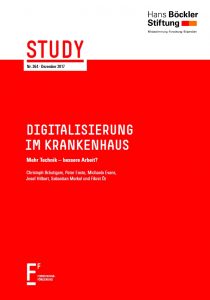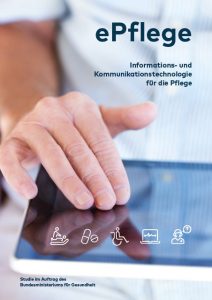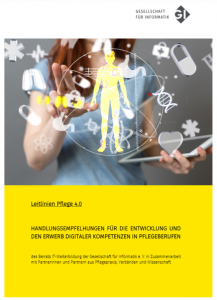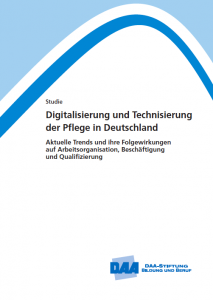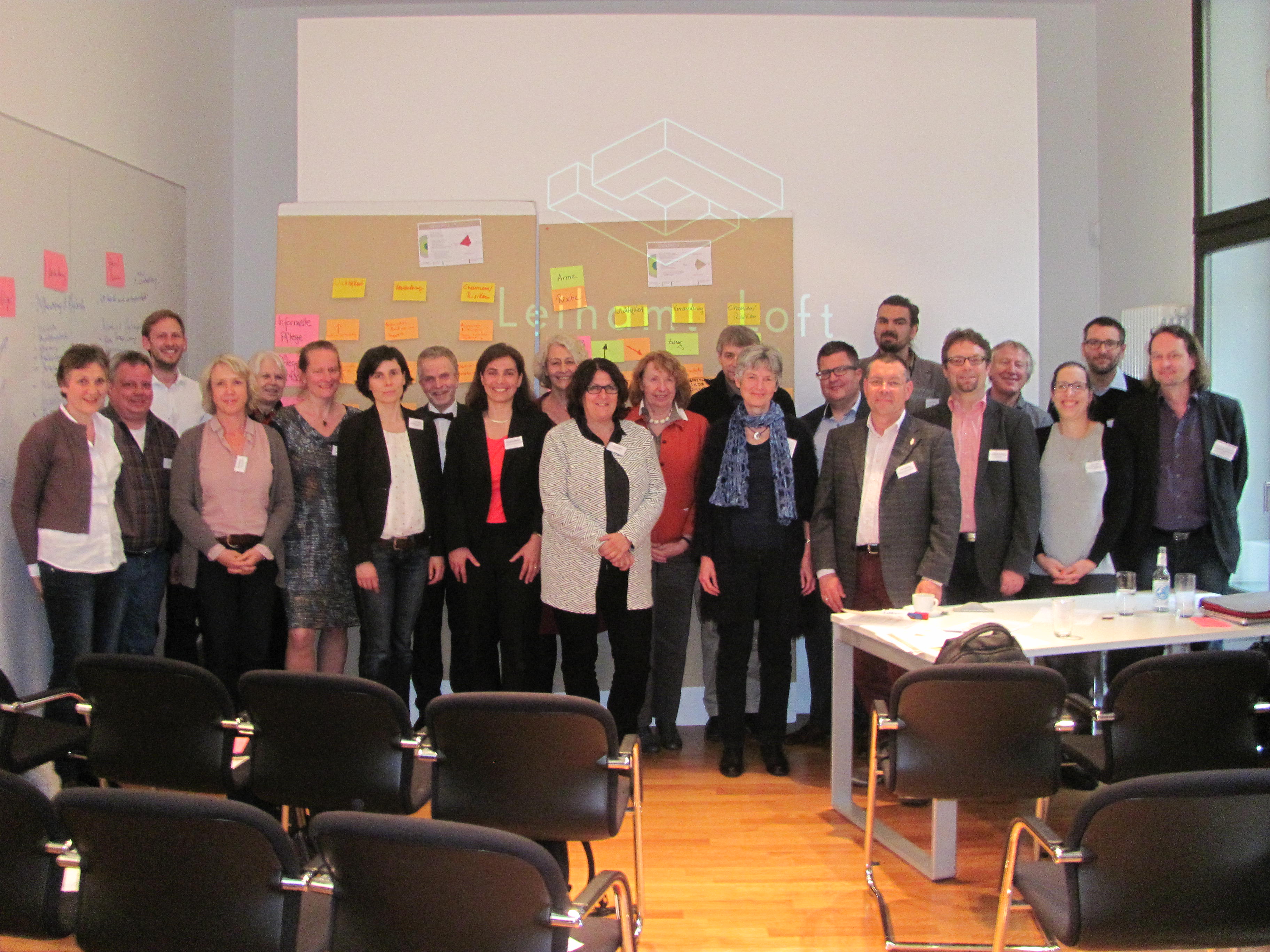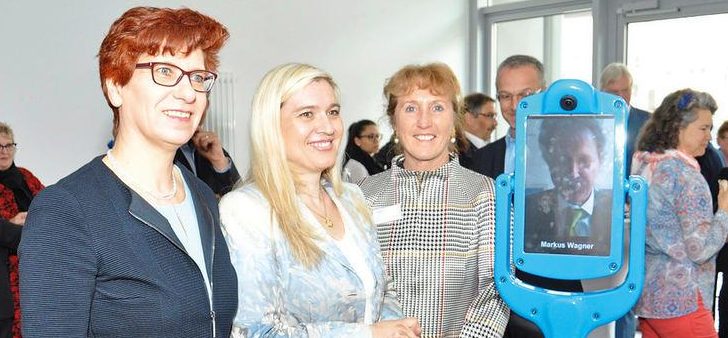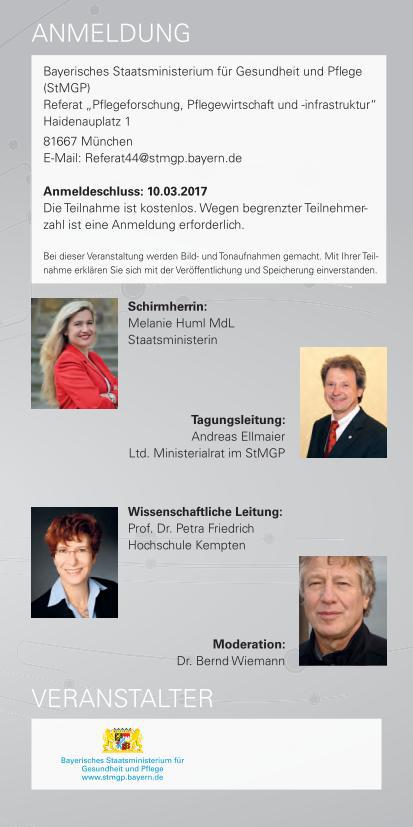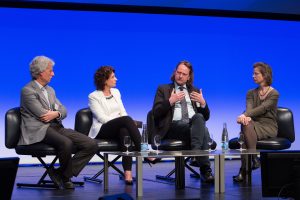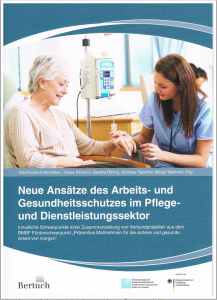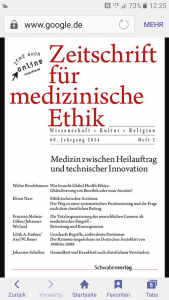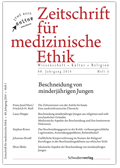For the further development of future scenarios of care in the context of the initiative “Care of the Future”, a total of 27 experts from the professional public in the environment of care gathered for the last time on May 04 in the premises of the old Leihamtlofts in Berlin.
In the course of this workshop, an online tool developed within the framework of the BMBF project “Transdisciplinary Future Orientation for the Design of Human-Technology Interaction in Care (TZoP)” was presented for the first time, which makes it possible to go through the scenario process digitally. The aim is to obtain assessments of future care from people in all areas of care, as well as from family caregivers or people in need of care themselves, in order to develop future scenarios that are as robust as possible and, in particular, to drive forward the discourse on the further development of care in Germany. The workshop was accompanied by lively discussions and many suggestions for adapting a web-based scenario process in order to involve as many interested parties as possible.
In the workshop phases, the participants worked in three groups on the final steps of a scenario process. Here, the focus was on deriving consequences and implications of the previous scenario work for current developments in nursing care. This closes the circle: design options are derived from a look into the future and questioned with a view to opportunities and risks.
Workshop participants were impressed by the results of the scenario work and by the scenario method itself:
“I came very skeptical and with many questions – also to the second workshop – and found the work in the workshops incredibly productive. After developing the scenarios, I went home with an enormous increase in knowledge. That was the motivation to now also learn about the results, but also to get into an exchange about them and to answer the question of how to proceed. My assessment is consistently positive, it was very stimulating and I am very happy that I was able to participate in such a development process.” This was the feedback of one participant.
Another participant summed up: “I think that the journey is the goal: we can learn from each other by discussing here. For me, it’s not primarily the results that are decisive, but the things that develop in dialogue with the other workshop participants, and that’s what’s crucial.”
Project manager Prof. Dr. Manfred Hülsken-Giesler thanked all participants: “Thank you for your time, your energy and the food for thought you have given us. We’ll stay on the ball, because shaping the future is a process that never ends.”
